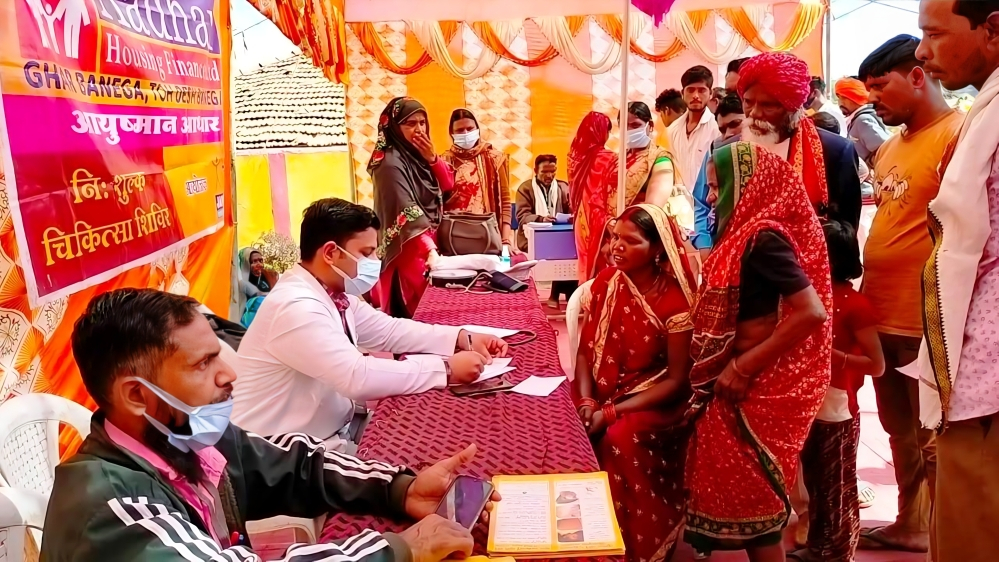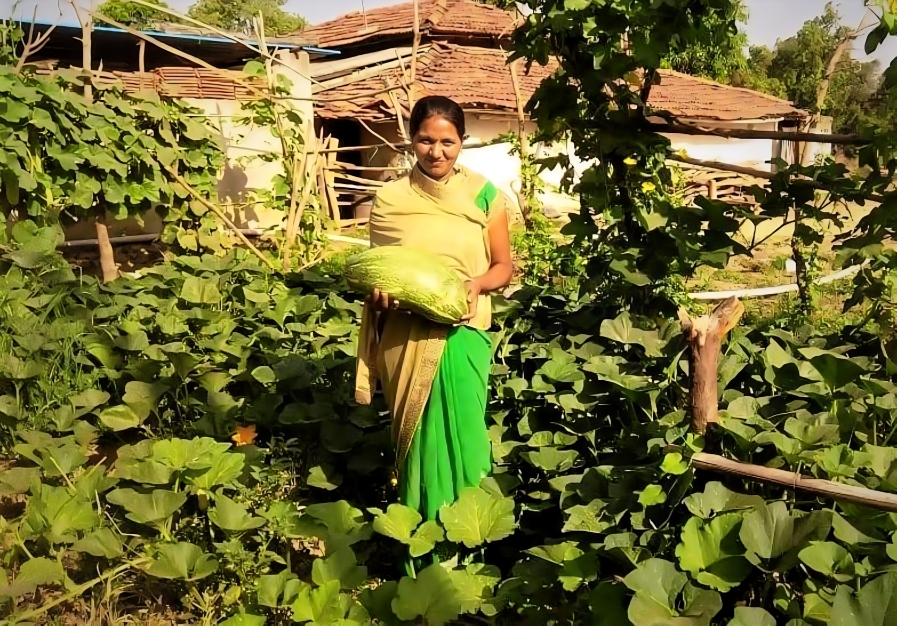Health and Nutrition

IDYWC is using a twofold strategy to guarantee everyone has access to healthcare, resulting in Sound Health for All The first strategy includes the facilitation of the processes of creating trained community cadre of local health workers to deal with issues of ante-natal and post-natal care, malaria, cholera, dehydration. First aid and preventive treatments, identification, and use of locally available herbal medicinal and nutritional plants, Information on vaccination, and its schedule are the major concern of work. On the other hand, Malnutrition, itself is a multi-dimensional problem. Malnutrition is directly or indirectly ... responsible for two-thirds of deaths of children under the age of five; out of which, two-third of these deaths take place in the first year of a child's life. But due to poverty child do not get required qualitative food and has been pushed towards hunger deaths. Adequate nutrition is essential for human development. Malnutrition includes both under-nutrition as well as over-nutrition and refers to deficiencies, excesses or imbalances in the intake of energy, protein, and /or other nutrients. Hence, to improve nutrition and health status by reducing rates of acute malnutrition in target communities with a focus on women, infants & young children and other at-risk groups of the population through an integrated, gender-equal, environmentally sustainable systems approach to food practices. IDYWC is also engaged in facilitating and promoting antenatal and post-natal care, health care practices by organizing Health Camps at the cluster level, encourage household care including hygiene-sanitation, feeding practices and health-seeking behaviors for infants, children, pregnant or lactating women (PLW) & the chronically ill (CI), through the promotion of positive behavior change.
Promoting “Nutritional Garden’ by supplying seed packets and necessary guidance to the households on agricultural/horticultural pract necessary guidance to the households on agricultural/horticultural practices and ensure availability of vegetables, fruits, etc. to improve household (HH) diet diversity. Encourage and promote local health and hygiene practices including proper Hand Wash, use of toilets at home as well as schools and public places. The doctors will visit all four clusters separately. ... Moreover, apart from the identified group with confirmed malnutrition, Children under six and adolescent girls will be continuously supplemented with Biscuits enriched with Iron-on per day basis. (According to an estimated calculation approximately 250,000 biscuits/month).

